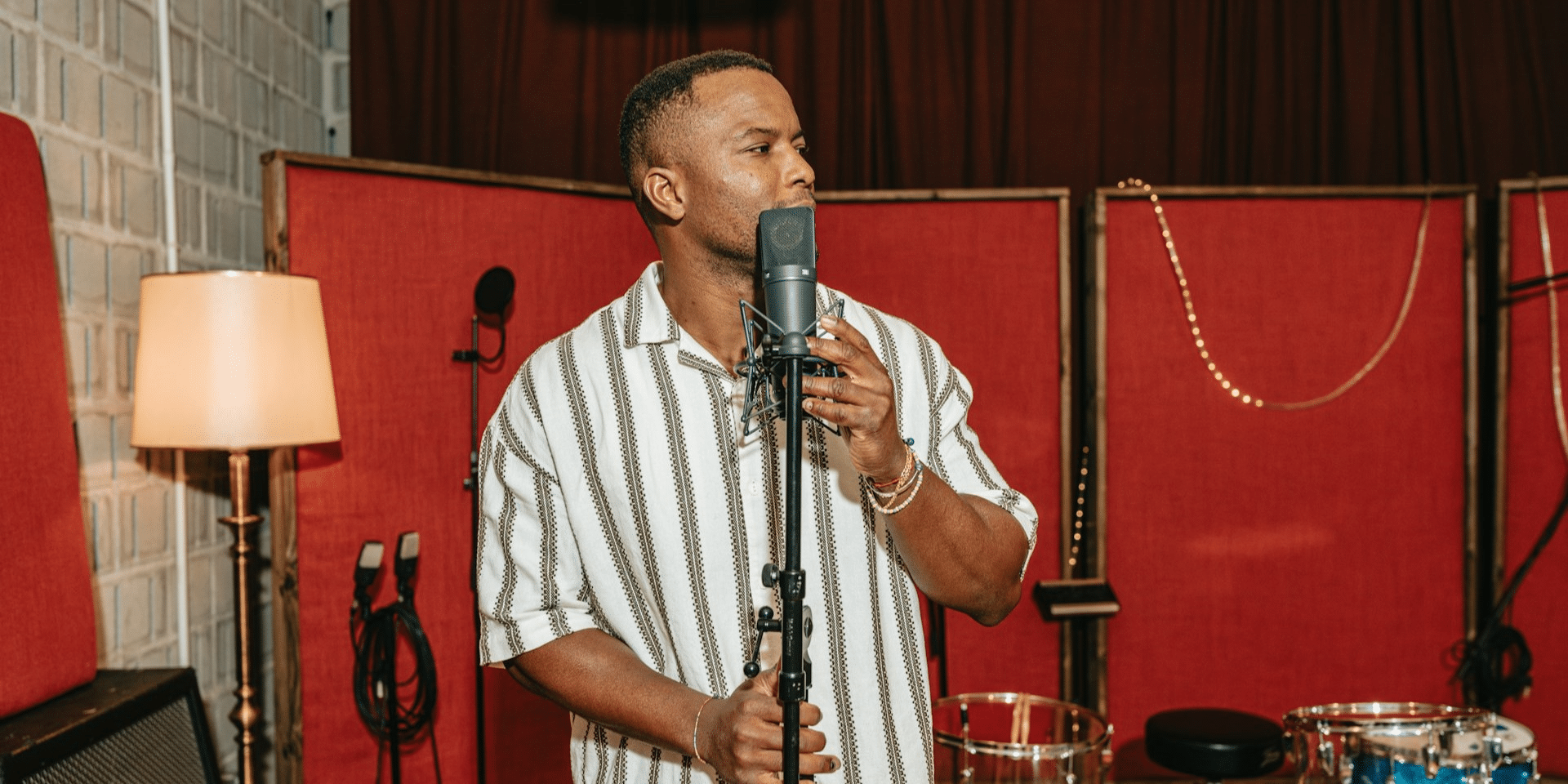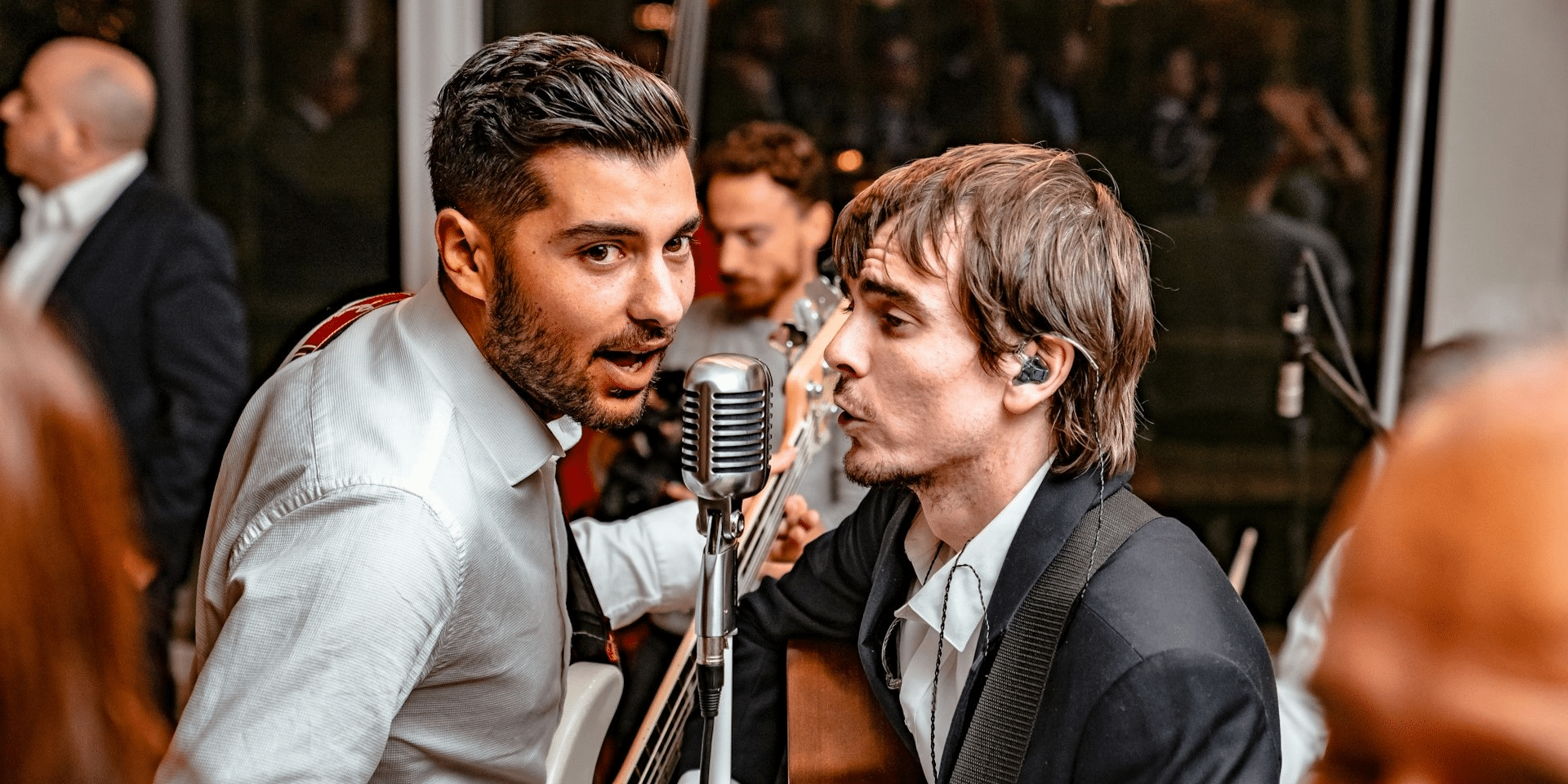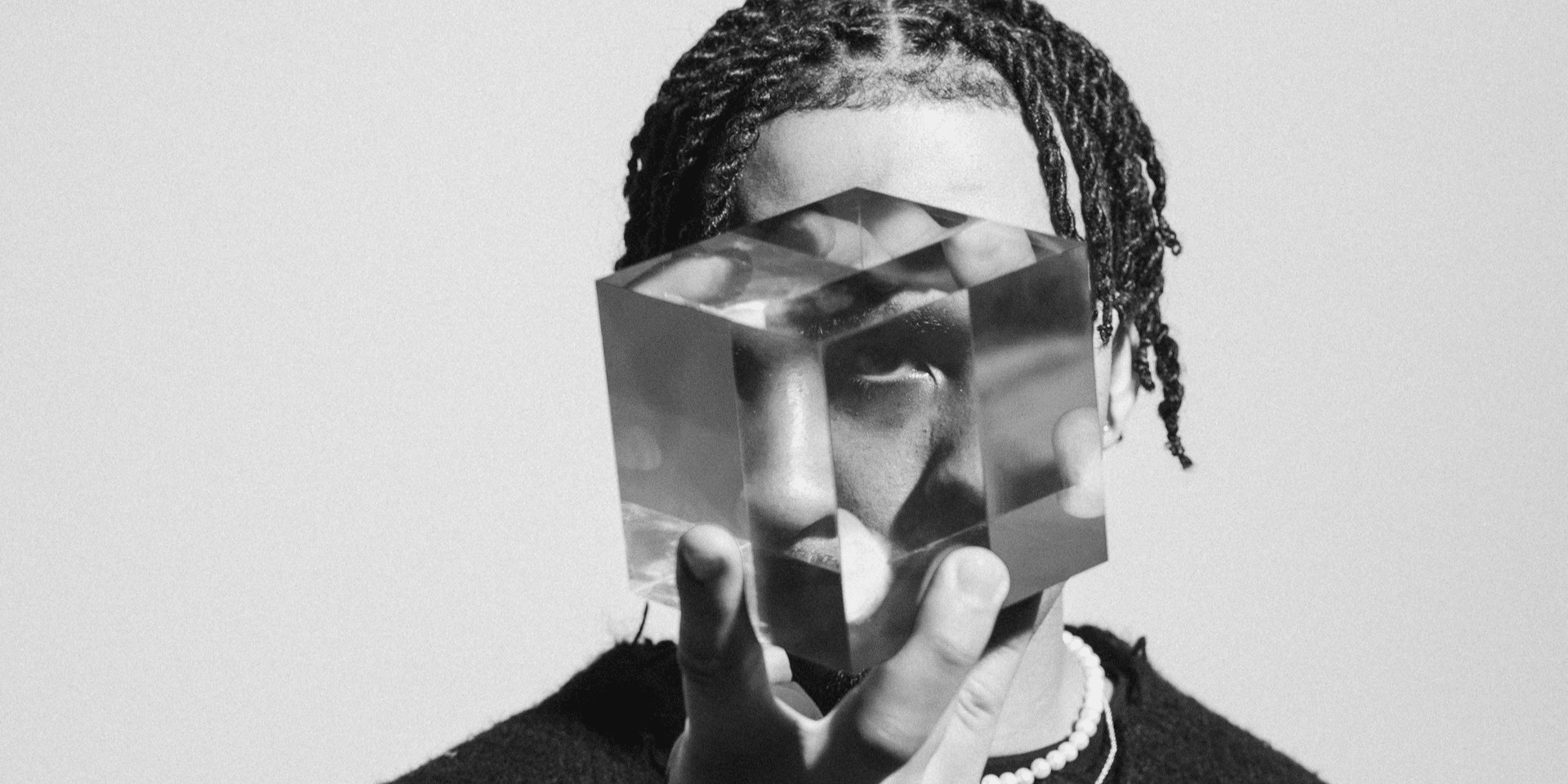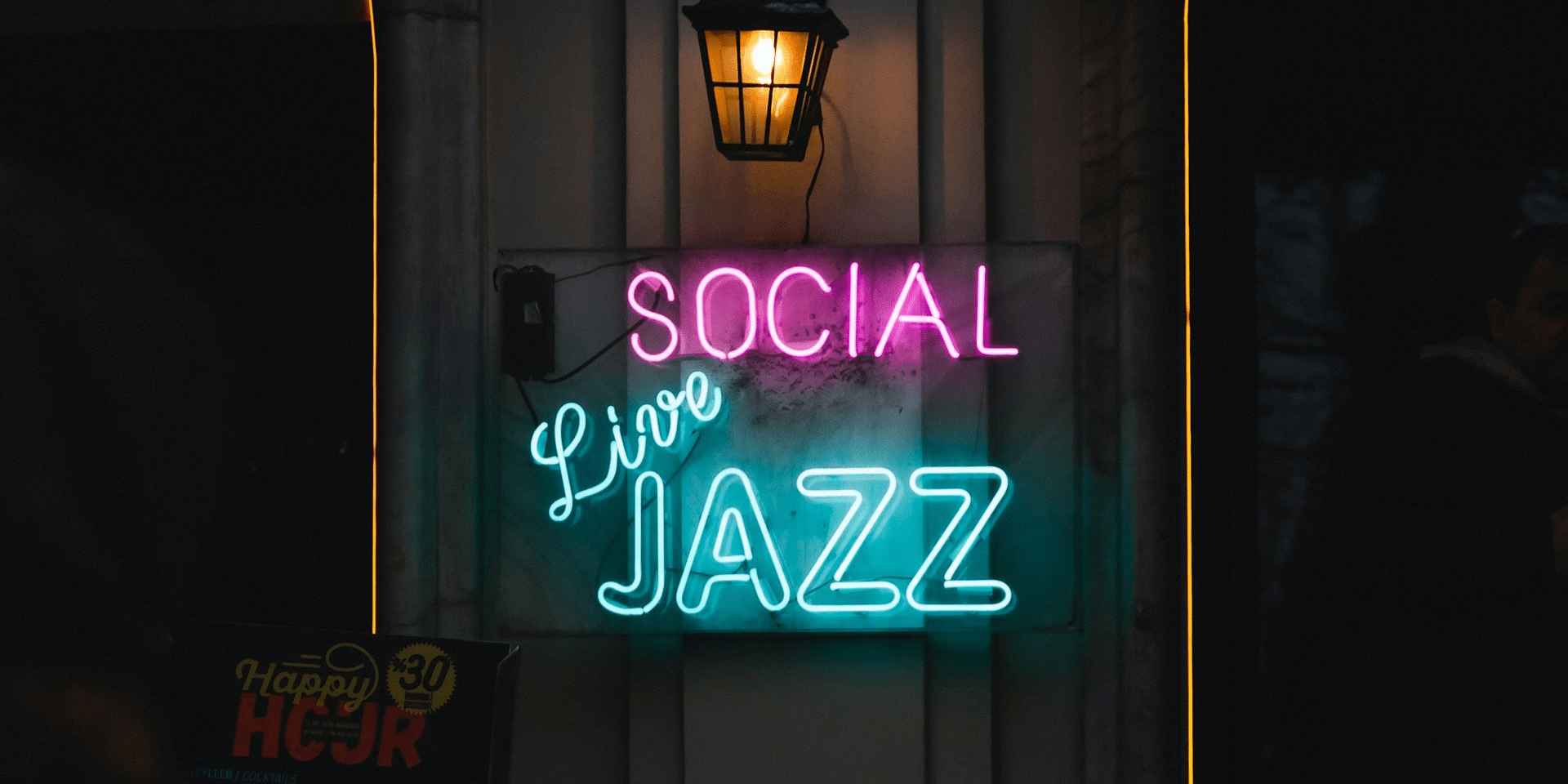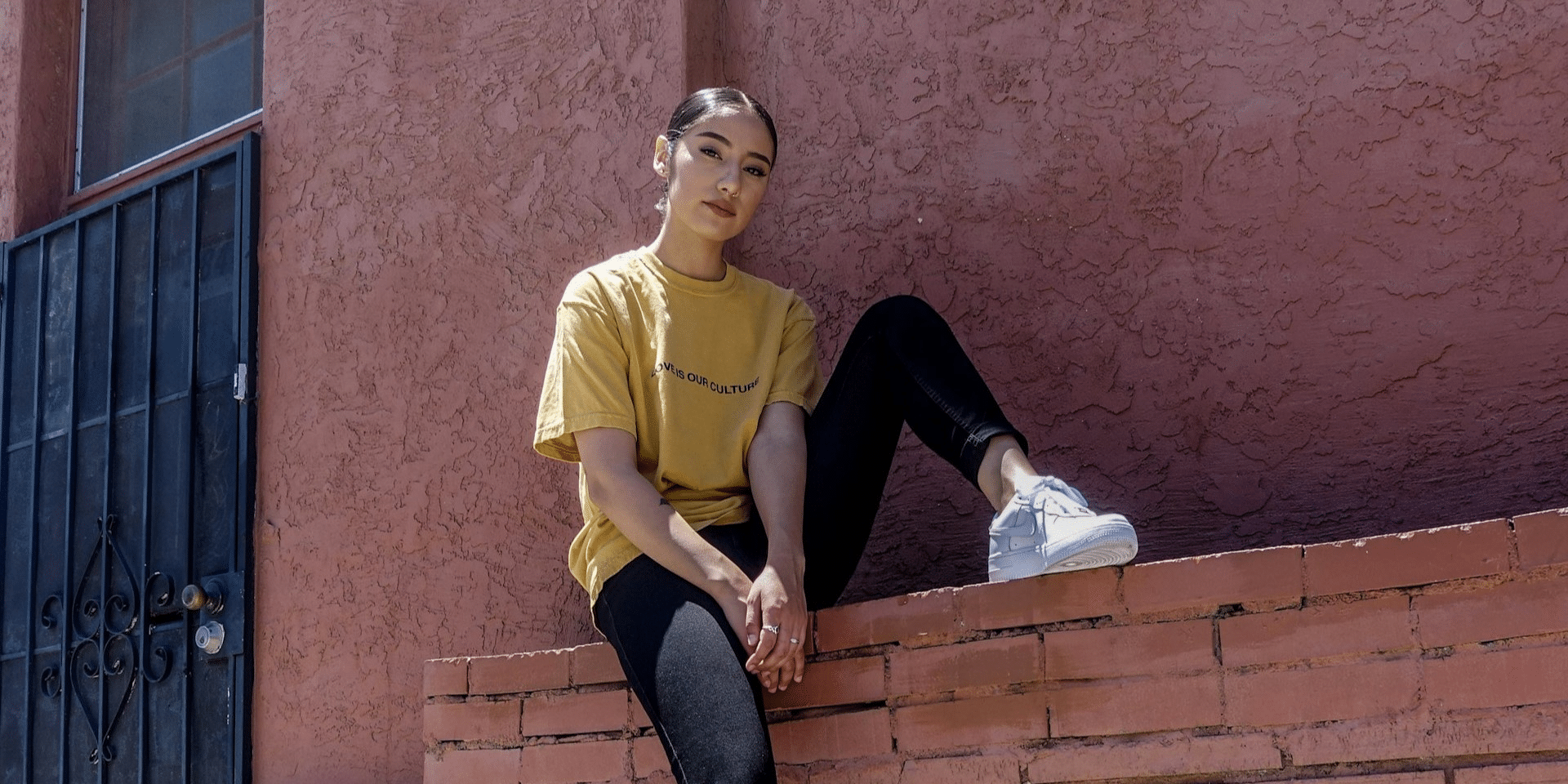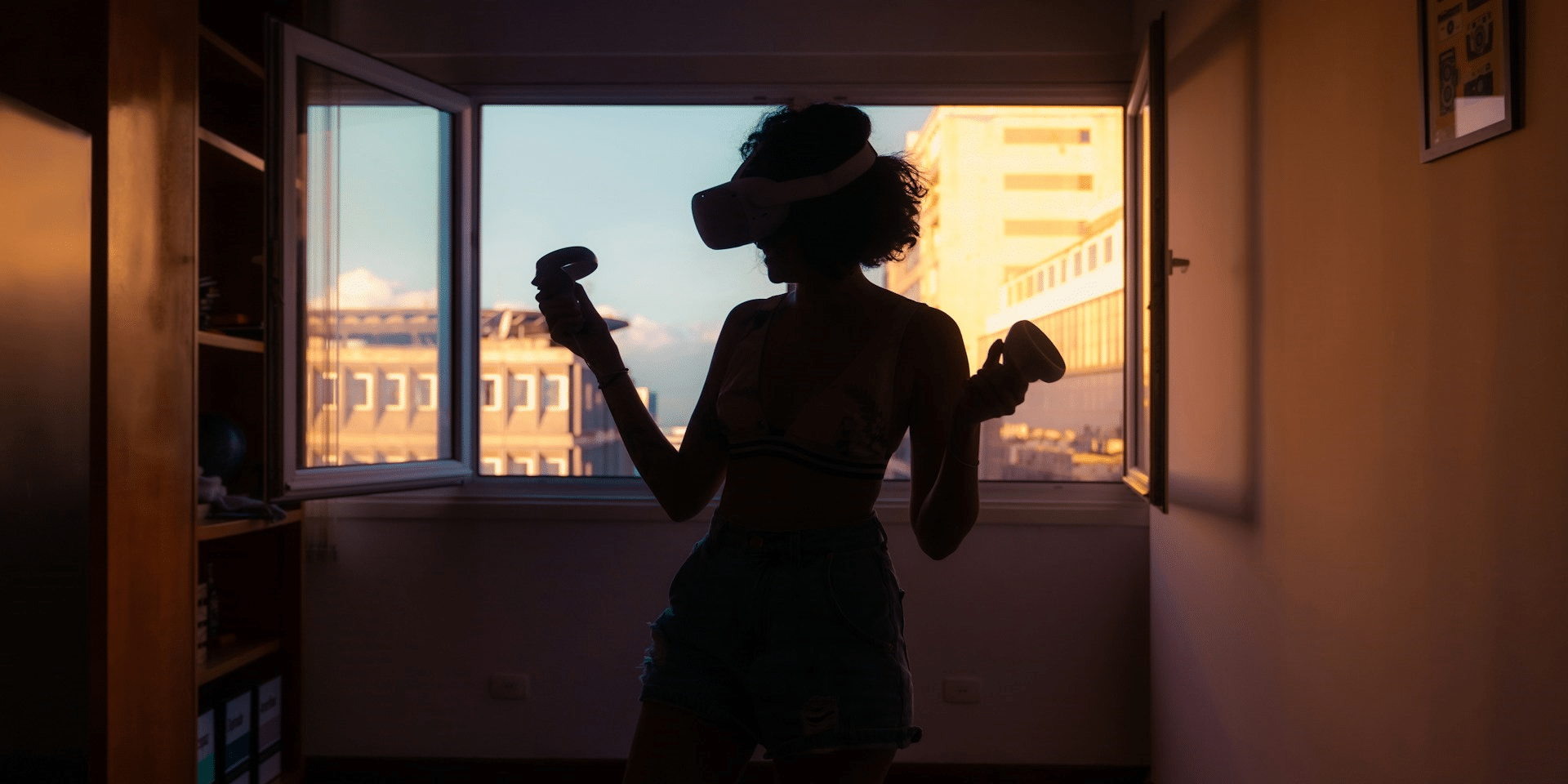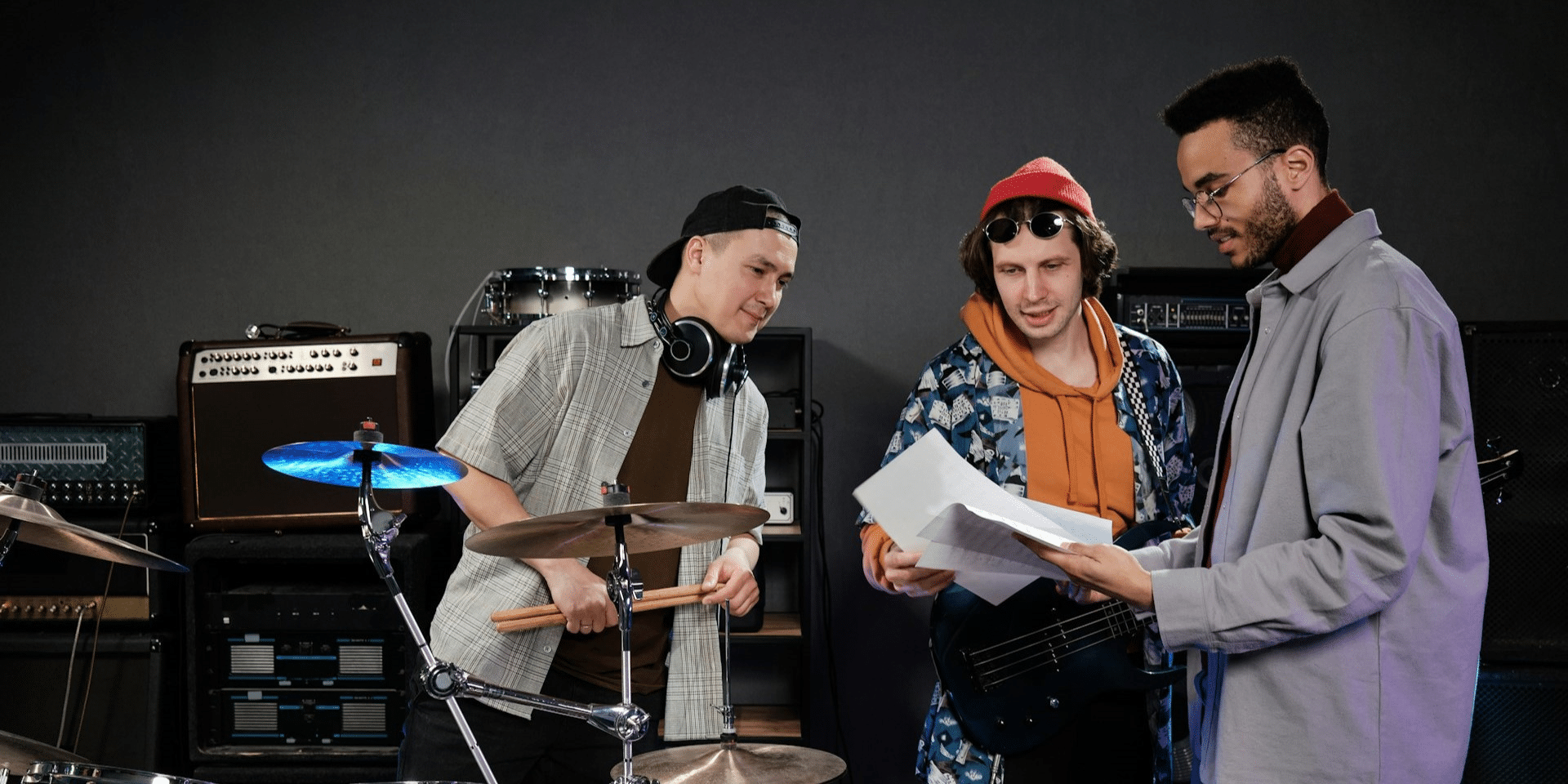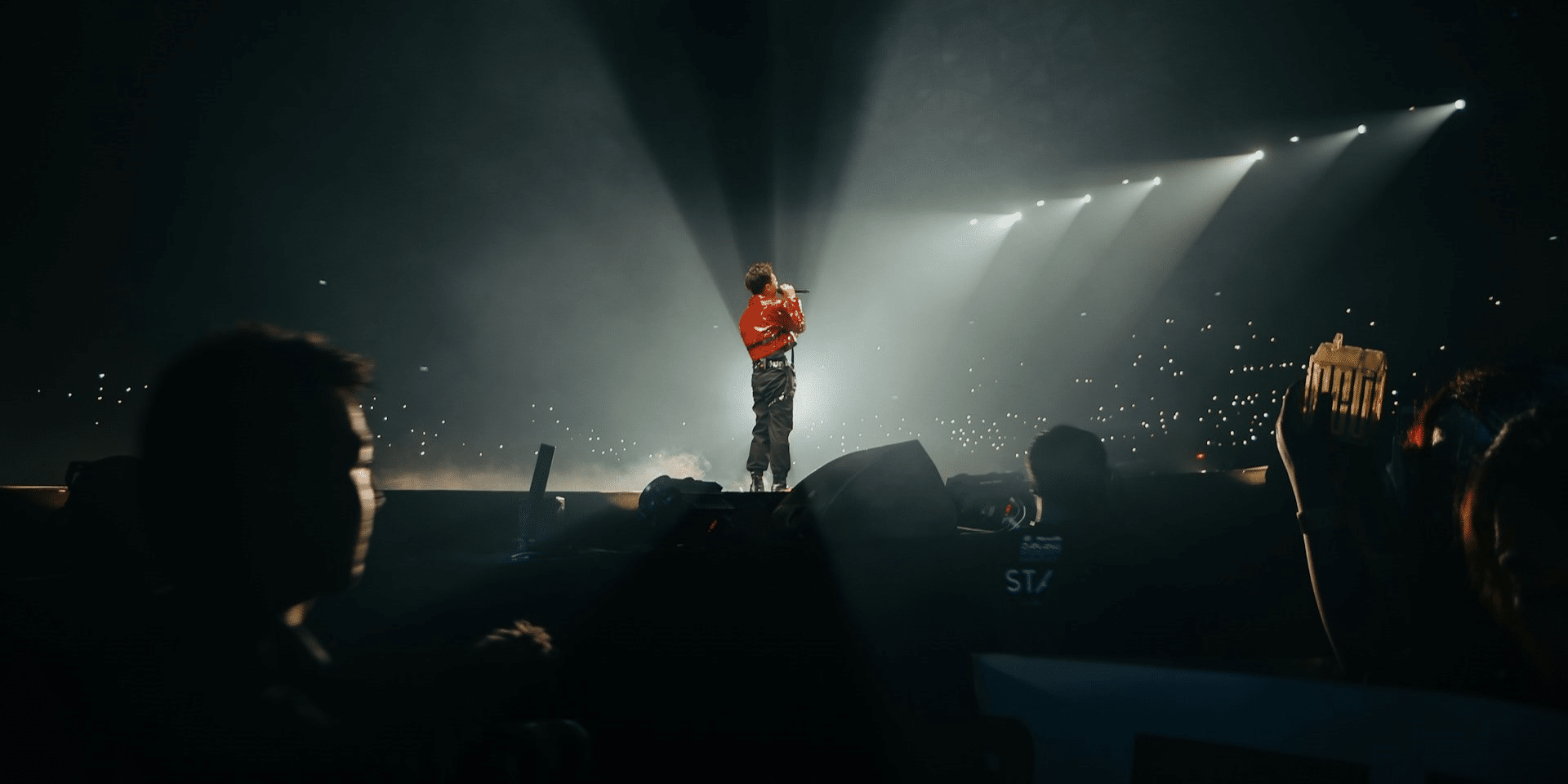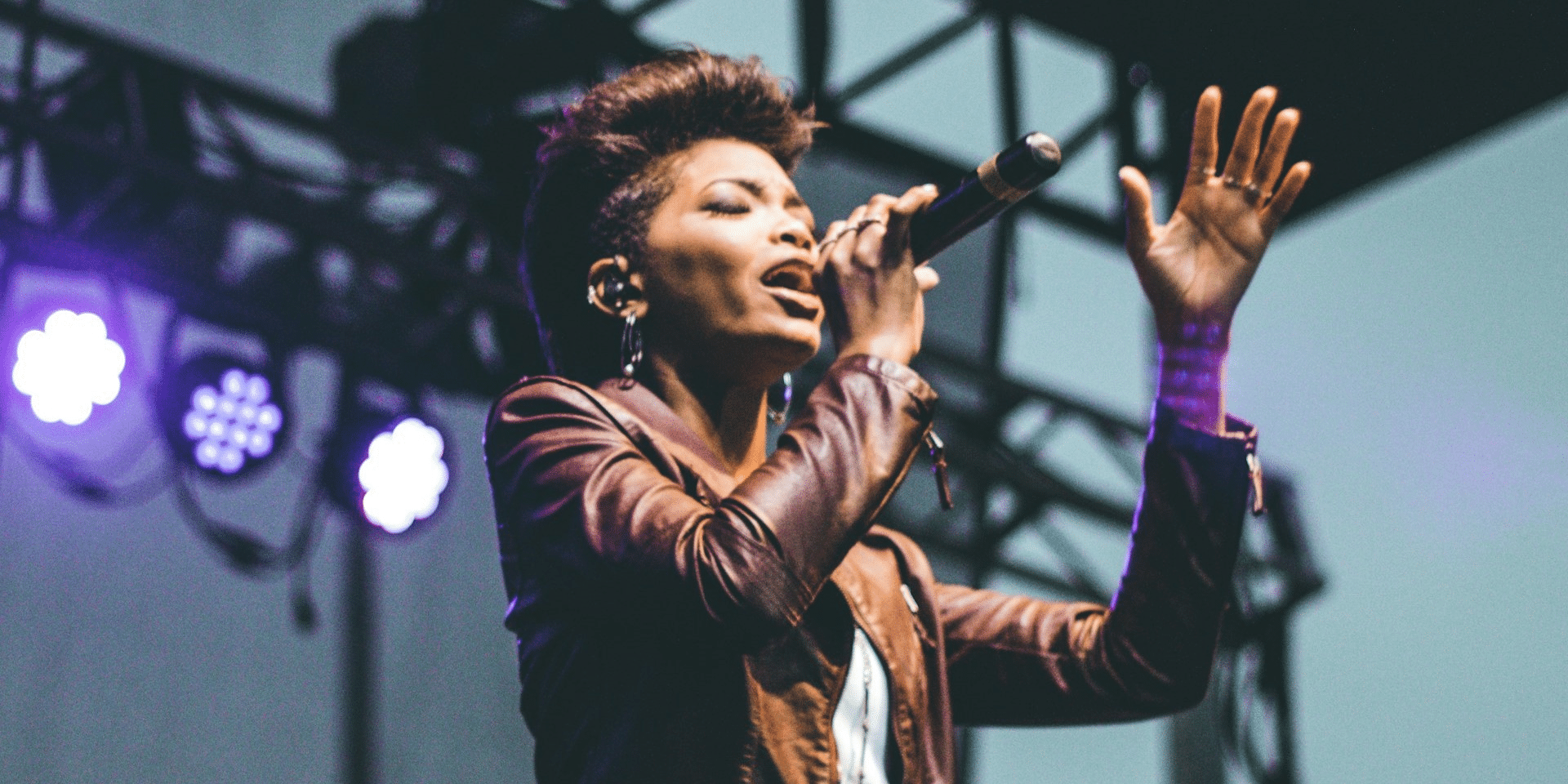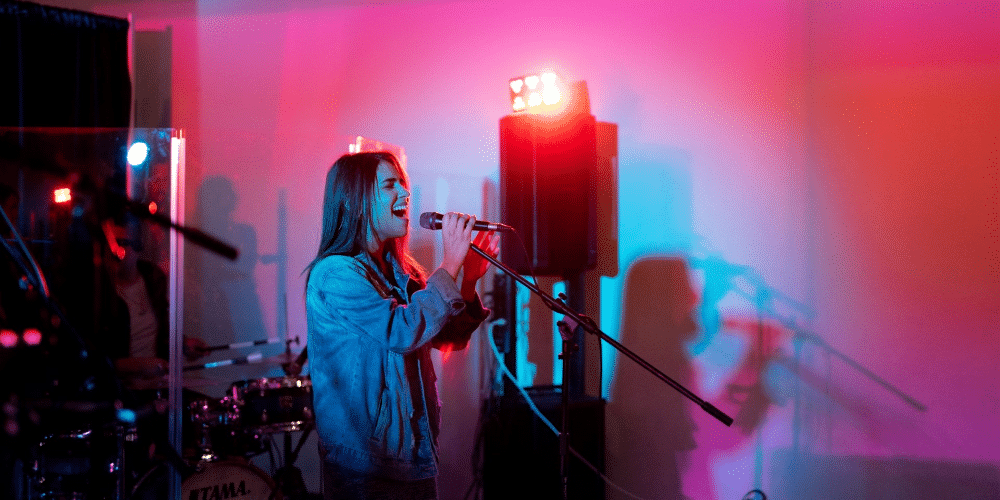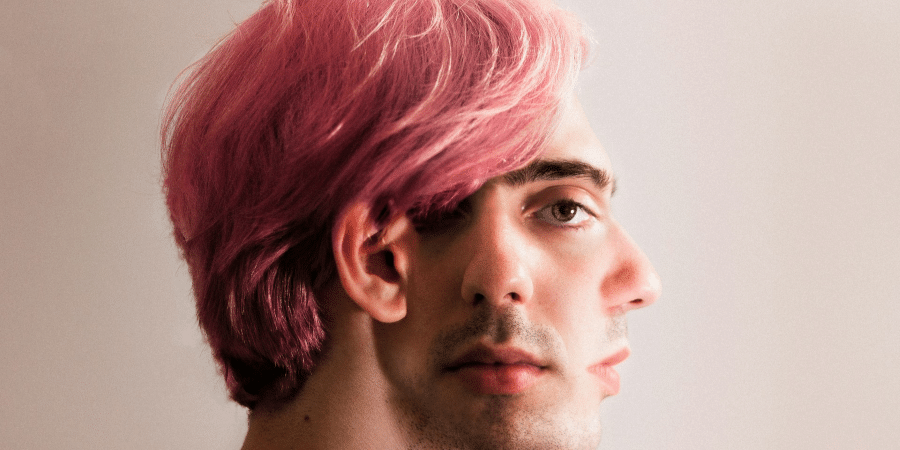Imagine this: you’ve spent years honing your craft as a musician, pouring your heart and soul into your art. But lately, a new kind of creativity is calling your name – the world of producing. The transition from artist to producer might seem like a leap, but for many creatives, it’s a natural evolution. Here’s why artists often make phenomenal producers.
Speaking the Artist’s Language: A Shared Creative Vision
Great producers aren’t just technical wizards; they’re creative collaborators. They understand the artistic process, the anxieties, and the triumphs that come with creating something new. This is where an artist-turned-producer truly shines. They’ve been on the other side of the microphone, on the stage, or behind the easel. They’ve wrestled with self-doubt, chased inspiration, and experienced the exhilarating rush of a creative breakthrough.
This shared experience allows them to connect with the artists they work with on a deeper level. They can translate the artist’s vision into a tangible reality, pushing them creatively while also understanding their vulnerabilities. According to a study on artist-producer collaborations, “Having a producer who understands the artistic process can significantly enhance the creative output and foster a more trusting and productive environment.”
Let’s take the example of Rick Rubin, the legendary music producer who’s worked with artists like Johnny Cash and Adele. Rubin isn’t known for flashy production techniques, but rather for his ability to draw out the raw essence of an artist’s vision. He understands the power of stripping things down, focusing on the core of the song, and creating space for the artist’s voice to shine through.
From the Trenches to the Command Center: Technical Expertise with Artistic Flair
Being an artist doesn’t mean being clueless about the technical aspects of production. Most artists have a deep understanding of their craft, whether it’s mastering the intricacies of a musical instrument or the nuances of lighting and composition.
This technical know-how translates beautifully into the producer role. Artist-producers understand the capabilities and limitations of the tools they’re working with. They can speak the language of engineers, tweak knobs with confidence, and make informed decisions about recording techniques.
But here’s the magic touch: they don’t get bogged down in the technicalities. They use their technical knowledge as a foundation for creative exploration. They understand how to manipulate sound, lighting, or camera angles to elevate the emotional impact of the art.
Think of Quincy Jones, the iconic music producer who’s worked with artists like Michael Jackson and Frank Sinatra. Jones isn’t just a musical genius; he’s a master of using technology to create groundbreaking soundscapes. He understands how to push boundaries, experiment with new techniques, and ultimately, craft a sonic experience that complements the artist’s vision.
Beyond the Technique: The Art of Collaboration and Communication
Producing isn’t a solo act. It’s about fostering a collaborative environment where everyone involved feels heard and valued. This is where the artist’s experience comes in once again.
Artists understand the delicate dance of collaboration. They’ve received feedback, navigated egos, and learned to communicate their ideas effectively. As producers, they can leverage this experience to create a space where artists feel comfortable taking risks, exploring new ideas, and ultimately, bringing their best selves to the project.
Great producers are also masters of communication. They can translate the artist’s vision into clear instructions for the rest of the team, provide constructive criticism without crushing creativity, and celebrate successes along the way.
Think of Brian Eno, the visionary musician who’s collaborated with artists like David Bowie and U2. Eno is known for his unconventional methods and ability to push artists outside their comfort zones. But he’s also a master of communication, creating an environment where experimentation thrives and artists feel empowered to take risks.
So, the next time you see an artist transition into a producer role, don’t be surprised. Their unique blend of artistic empathy, technical expertise, and collaborative spirit makes them a valuable asset in any creative endeavor. They become the conductor of the creative orchestra, guiding the project toward a masterpiece while ensuring that each individual artist’s voice is heard.

